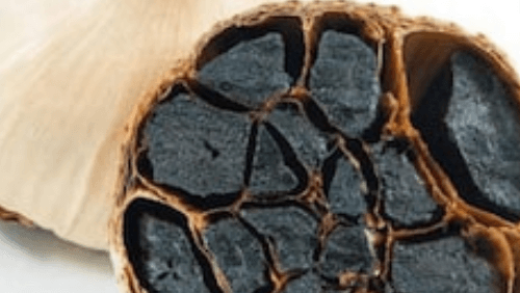- Poly-cystic ovarian disorder or PCOD is a condition affecting the reproductive organ of females i.e, the ovaries, which are responsible for the production of estrogen and progesterone hormone.
- Progesterone and estrogen hormones are important for the normal regulation of the menstrual cycle. They also stimulate the production of a small amount of hormones namely inhibin, relaxin, and some male hormones called androgens.
- Among the total population, 10 percent of females are suffering from PCOD across the world.
- The hormone imbalance occurring due to PCOD leads to irregular menstrual periods and makes it harder for women to get pregnant.
Some other harmful impacts of PCOD besides unpredictable hormonal behavior include:
- Acne
- Excessive hair growth
- Infertility
- Diabetes
What exactly is PCOD?
- As per the medical statements, PCOD is a medicinal disorder in which the woman’s ovaries stimulate the production of undeveloped or partially mature eggs in large numbers.
- These immature eggs as a result become cysts in the ovaries. Further, due to this ovaries enlarges and secrete a large number of male hormones (androgens).
- Increased production of androgens can lead to infertility, uneven menstrual cycles, hair loss, and unusual weight gain.
- However, PCOD can be controlled by taking a balanced diet and modifying the way of living.
A large women population is reported to be unknown of their PCOD sufferings. Some of the symptoms affecting your ovaries comprise:
- Raised levels of male hormones
- Ovarian cysts
- Skipped or irregular periods
Emerging levels of PCOD in India.
Due to higher levels of hesitation in women regarding PCOD, scientists have been able to collect only very fewer data. From such limited data, it is harbored that in Idia, PCOD ranges from 3.7% to 22.5%
Common signs and symptoms of PCOD problem.
The effects of PCOD are visible differentially in different females belonging to different regions. Some females may observe the symptoms early whereas it may take months for some females to recognize PCOD’s symptoms completely. Some women may observe a gradual weight gain and trouble in pregnancy whereas some may gt undesirable thinness of body.
Several most important symptoms of PCOD problem in women are:
- Menorrhagia or (Dense menstrual bleeding)
- Amenorrhea (Missed or absence of menstruation)
- Obesity
- Acne on face, chest, and upper back
- Oligomenorrhea or Uneven menstruation
- Hair loss (hair on the scalp gets thinner and falls out)
- Skin darkening (Neck, the groin, and under the breasts)
- Excessive Hair growth (mainly on the face, and body – including on the back, belly, and chest)
Causative factors of PCOD.
Some significant factors responsible for PCOD in females may include:
- Excess androgen production
- Heredity: Women suffering from PCOD show certain genetic connections.
- Excess insulin production leading the increased production of androgens.
- Low-grade inflammation causes an increased level of androgen production further leading to blood vessels or heart-related problems.
Difficulties of PCOD problem.
Women should seek medical help if she observes the following typical symptoms:
- Type II diabetes
- Infertility or hypertension Infertility
- Abnormal uterine bleeding
- Preterm labor or birth
- Depression
- Non-alcoholic steatohepatitis
- Sleep apnea
- Miscarriage
- Endometrial cancer












Well mentioned all the information…